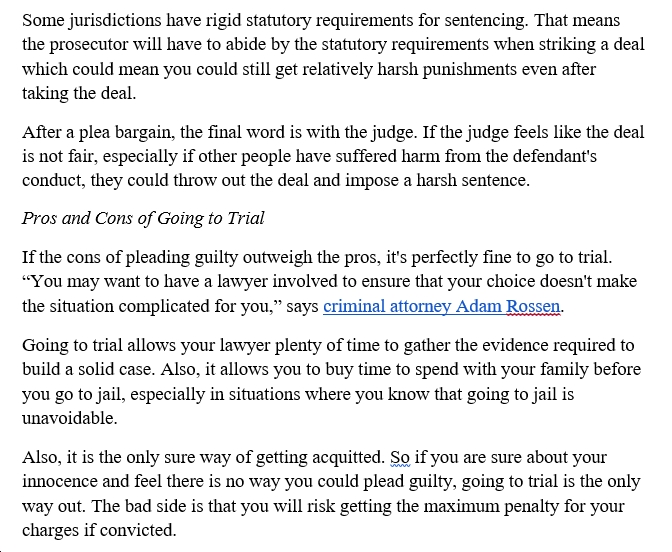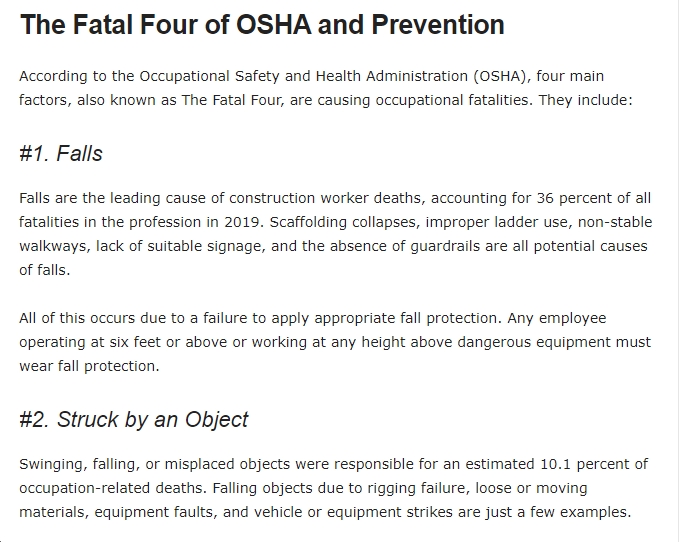SPONSORED CONTENT
Sometimes, people erroneously believe that alimony or child support can be a finance source for a mortgage. However, this is not necessarily true. There are conditions your alimony or child support needs to fulfill before it can serve as an income source for a new mortgage or refinancing.
When Does Alimony and Child Support Qualify as an Income Source for a Mortgage?
For the alimony or child support you receive to be considered for a mortgage, it has to meet these conditions:
- It must be clearly stated in a divorce decree, separation agreement, or divorce settlement agreement.
- There should be clear evidence to show that you have received alimony or child support for six months. The evidence should also show that you will continue receiving it for at least thirty-six months. This is called the six/thirty-six rule.
You will need documents such as receipts, bank statements, and checks to prove this. Take note that this rule applies differently to alimony and child support.
Documentation Needed for Support Funds to Qualify for a Mortgage
Before alimony or child support can be considered a legitimate source of funding for a mortgage, proof of documentation is required. Absence of adequate documentation is responsible for many cases falling through. The documentation has to begin as early as possible in the divorce process. Important considerations include:
1. Consistency in Payment
“To qualify for a mortgage, there must be consistency in the payment of alimony or child support. The partner who pays the alimony or child support has to pay consistently for six months,” says family lawyer Matthew Dolan.
If a bill or alternative payment is substituted for the alimony or child support payment, the six-month period may have to begin again. To avoid confusion, the stream of alimony and child support payments should not be interrupted and kept separate from other payments. That way, grossing up will be easier and neater.
2. Separate Bank Accounts
Another condition the alimony or child support must satisfy is that the payor and recipient accounts must differ. Operating a joint account will make it messy, as lenders will assume you are self-paying. In the case of a joint account, you must provide every possible document that proves that you are not self-paying.
Documents that will be needed include a divorce decree, divorce settlement agreement, and birth certificate(s) of the child(ren). The birth certificate serves as evidence to show that the child is young enough to receive child support for at least thirty-six months after the deal has been closed. In most states, the age limit is 18 or 21.
Grossing-Up: What It Means
Certain income is not taxable, including child support and alimony. What grossing-up does is convert these non-taxable, and therefore net, incomes into higher amounts. Grossing-up takes the amounts and inflates them to roughly normal taxable income. Non-taxable alimony and child support can be increased by twenty-five percent for normal loans/mortgages and fifteen percent for federal housing administration loans/mortgages.
Conclusion
If you have other income sources besides alimony or child support, you can use them to qualify for a mortgage. However, to ensure you make the right decision every step of the way, it is best to speak to an attorney who understands how child support and alimony work.
















